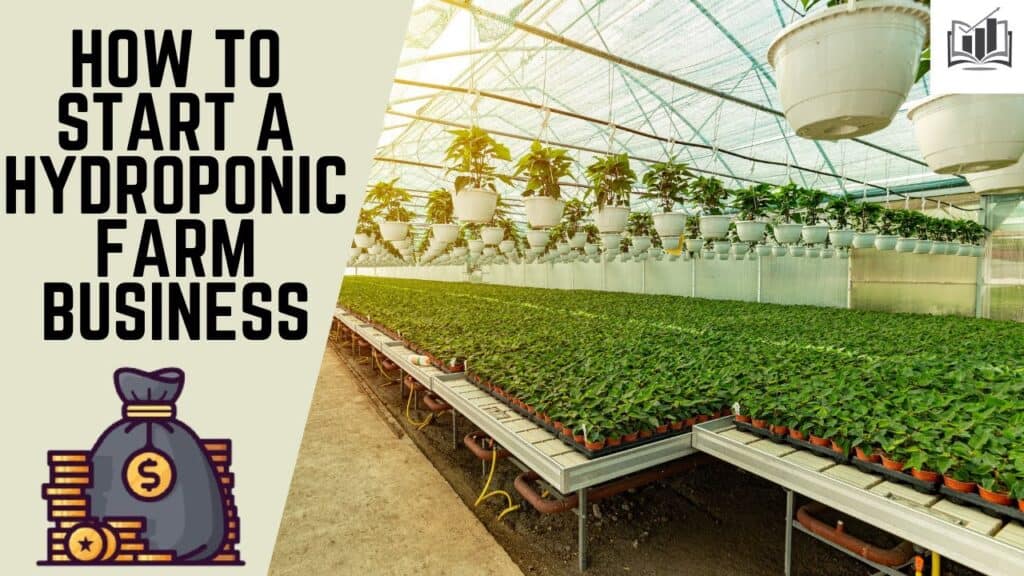As biking gains momentum as a sustainable mode of transportation, the focus on eco-friendly materials in bicycle manufacturing is also intensifying. Innovators and manufacturers are turning to agriculture for sustainable and renewable resources to create bicycles that minimize environmental impact.
This article delves into the world of bicycles made from agricultural materials, highlighting their unique characteristics, benefits, and the growing trend of sustainable cycling.
Agricultural Innovations in Bicycle Manufacturing
Bamboo Frames:
Bamboo, a fast-growing and versatile material, has become a popular choice for bicycle frames. Its natural strength, light weight, and shock-absorbing properties make it an excellent alternative to traditional steel or aluminum frames. Bamboo frames are often handcrafted, showcasing the beauty and uniqueness of the material.
Flax Fiber Composites:
Flax fibers, derived from the flax plant, are increasingly being used in bicycle frame construction. When combined with resins, flax fibers create a strong and lightweight composite material that offers excellent vibration dampening and durability. These frames often have a distinct natural aesthetic.
Cork Grips and Saddles:
Cork, harvested from the bark of cork oak trees, is a sustainable and renewable material known for its cushioning and shock-absorbing properties. Cork grips and saddles provide a comfortable and ergonomic riding experience while minimizing environmental impact.
Natural Rubber Tires:
Natural rubber, derived from the sap of rubber trees, is a biodegradable and renewable alternative to synthetic rubber tires. While natural rubber tires may wear faster than their synthetic counterparts, they offer excellent grip and traction on various surfaces.
Bio-Based Resins and Adhesives:
Many bicycle manufacturers are incorporating bio-based resins and adhesives into their production processes. These materials, derived from plant-based sources, reduce the reliance on petroleum-based products and contribute to a more sustainable manufacturing cycle.
Benefits of Agri-Based Bicycle Materials
- Sustainability: Agri-based materials are renewable resources that can be replenished over time, reducing the environmental impact of bicycle production.
- Reduced Carbon Footprint: The production of agri-based materials often involves lower energy consumption and greenhouse gas emissions compared to traditional materials.
- Biodegradability: Many agri-based materials are biodegradable, meaning they will naturally break down at the end of their life cycle, minimizing waste.
- Unique Aesthetics: Bicycles made from natural materials often have a distinct and appealing aesthetic, showcasing the beauty of nature in their design.
- Performance Advantages: Some agri-based materials, like bamboo and flax fiber, offer excellent performance characteristics, including strength, light weight, and vibration dampening.
The Growing Trend of Sustainable Cycling
The use of agri-based materials in bicycle manufacturing aligns with the growing trend of sustainable cycling. Cyclists are increasingly conscious of the environmental impact of their choices, and they are seeking products that reflect their values. Agri-based bicycles offer a way to reduce their carbon footprint and contribute to a greener future.
Challenges and Future Outlook
While the use of agri-based materials in bicycle manufacturing is promising, there are challenges to overcome. These materials can be more expensive than traditional options, and their availability may be limited. However, as research and development continue, we can expect to see more innovative and affordable agri-based bicycle components in the future.
Conclusion
The integration of agricultural materials into bicycle design represents a significant step towards a more sustainable cycling industry. These materials offer a viable and eco-friendly alternative to traditional materials, reducing environmental impact and promoting a circular economy.
As cyclists embrace sustainable choices, the demand for agri-based bicycles is expected to grow, driving further innovation and contributing to a greener future for cycling.
Originally posted 2024-04-05 11:08:50.






